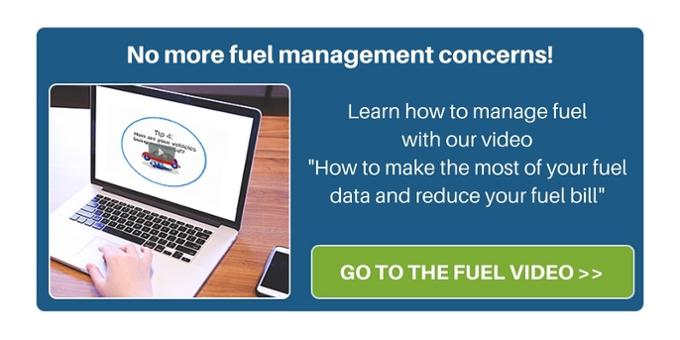
Fuel prices have been on the rise leading up to Easter in both the UK and Ireland.
Fuel price data shared by the AA for UK consumers revealed that over the Easter period, the cost of fuel at the pumps reached a five-year seasonal high. Average UK retail petrol prices were 125.41p per litre, up 5.41p from last year, while diesel was 131.97ppl, up 1.65ppl in a month.
Regarding Ireland, while prices at the pumps dropped 1.4% between February and March 2018, they rose 1% in the same period this year and drivers faced higher prices at the pumps last month and Consumer Prices Index (CPI) rate of inflation was up 2% last month.
According to experts, CPI inflation is expected to be at or above the 2% target in all but two of the remaining months this year and is seen as one of the causes of the rise. Other global events that might have impacted fuel prices include the civil war in Libya and sanctions on Venezuela and Iran, but also better weather conditions in UK and Ireland may have stimulated the trading conditions of fuel and hence increased demand. Any sharp slowdown in demand that might have happened in March has changed in April, after the latest Brexit deadline was extended until October—reassuring consumers as to concerns about a Brexit summer cut-off and therefore encouraging them to spend (including on fuel).
With fuel prices on the rise, the onus is on fleet managers to find ways to spend less money on fuel and have the right fuel purchasing policy. With fuel being the lifeblood of any fleet, a number of possible saving opportunities are already available, like the optimisation of fleet journeys, training for safer and more efficient driving techniques which are focussed on anticipating hazards and reducing unnecessary fuel consumption.





